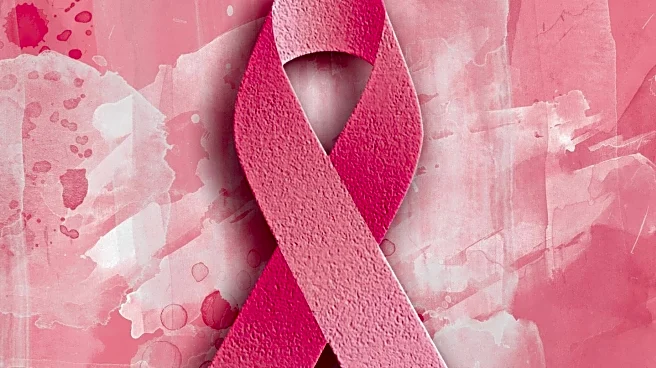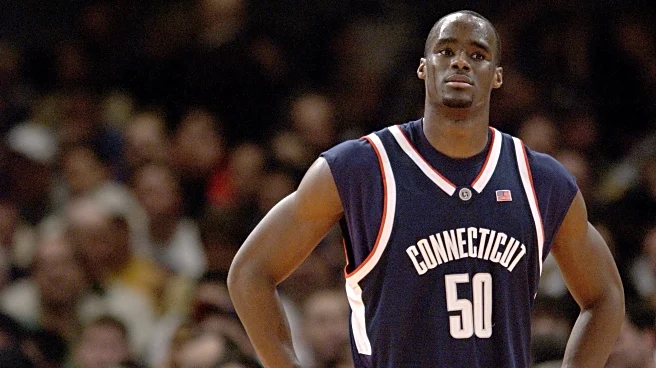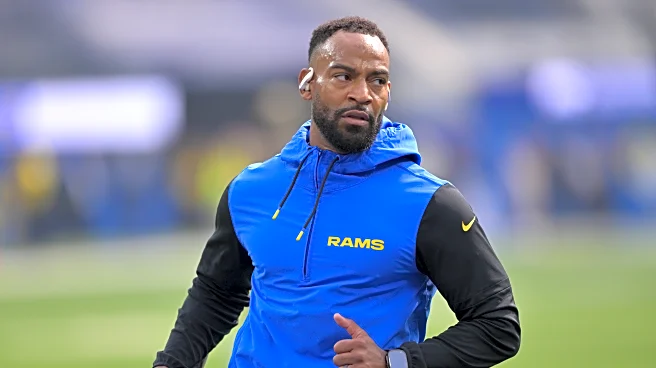What's Happening?
Singer D'Angelo, known for his influential R&B hits, passed away at the age of 51 due to pancreatic cancer. His family announced his death, emphasizing his courageous battle with the disease. Pancreatic
cancer is a significant health concern, with over 60,000 new cases expected in 2025, representing 3.3% of new cancer cases. The disease is the 10th most common form of cancer, with a rising incidence rate of 0.9% per year since 2013. Treatment options include surgery, radiation, and chemotherapy, but the prognosis remains poor, with only about 13% of patients surviving five years post-diagnosis. Risk factors include smoking, obesity, diabetes, and family history, and symptoms often appear late, making early detection challenging.
Why It's Important?
The death of D'Angelo underscores the severe impact of pancreatic cancer, a disease that claims over 50,000 lives annually in the U.S. Despite advancements in medical treatments, the survival rate remains low, highlighting the need for increased research and awareness. The disease's late symptom onset complicates early detection, emphasizing the importance of understanding risk factors and potential genetic predispositions. Public figures like D'Angelo bring attention to the disease, potentially influencing public health policies and funding for research. The broader impact includes raising awareness about lifestyle changes that could mitigate risk factors, such as smoking cessation and weight management.
What's Next?
The focus on pancreatic cancer following D'Angelo's death may lead to increased advocacy and funding for research aimed at improving early detection methods and treatment options. Health organizations might intensify efforts to educate the public on risk factors and symptoms, potentially leading to earlier diagnoses and better outcomes. There could be a push for more comprehensive screening programs for individuals with a family history of the disease. Additionally, the entertainment industry might see more celebrities advocating for cancer research, leveraging their platforms to influence public health initiatives.
Beyond the Headlines
D'Angelo's passing may also spark discussions on the emotional and psychological impacts of battling cancer, both for patients and their families. The cultural significance of losing a prominent artist to such a disease could lead to increased support for mental health services for those affected by cancer. Furthermore, the event might inspire artistic tributes and works that explore themes of mortality and resilience, contributing to a broader cultural dialogue on health and wellness.










